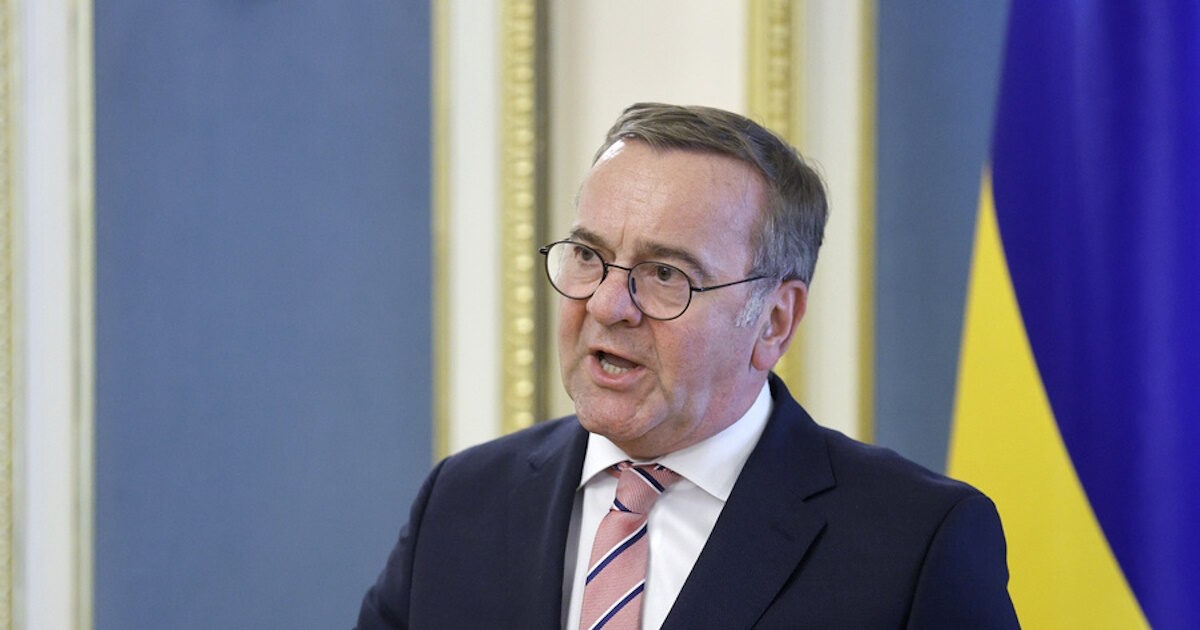A 35 billion euro package will be allocated by 2030 for “safety architecture” in space, as Russia and China are a major threat in this field, the minister said. Defense her Germany Boris Pistorius.
“We strengthen our systems against disorders and attacks. This explicitly includes cyber security for all space systems, “Mr Pontorius said earlier today (25.9.2025), speaking at a space conference organized by the German Industries Association (BDI). The defense minister also stressed that Russia and China are “quickly expanding” in recent years their potential for war in space and said that two Intelsat satellites, which are also used by the German Armed Forces, are being monitored by two Russian satellites. In addition, as the Ministry of Defense made it known later, only during the minister’s speech, 39 Chinese and Russian recognition satellites flew over Berlin.
Mr Pontorius acknowledged that satellite networks are the Achilles’ heel of modern societies and added that China is conducting extremely skilled maneuvers with its space systems. “They can disrupt, blind, direct, and even destroy satellites,” he warned. The Bundeswehr systems are already exposed to interference attacks, explained and noted that attacks are turning against the economy and society as a whole. “We must also be able to prevent space in order to be able to defend ourselves. Germany also needs safe opportunities for space transport. We rely on one mixture here: small launch vehicles for flexible launches, but medium -term and European heavy transport aircraft, which will be developed in competition – and, above all, will be sustainable, “he said.
The Bundeswehr Space Administration will need a special center of military satellite operations, Boris Pistorius continued, explaining that “only in this way can we maintain control of our systems and react quickly in the event of an emergency.”
Industrialists, for their part, believe that more investments are needed to cover Germany’s difference from the leading countries in the field. “In a geopolitical uncertain world, space travel means much more than technology for technology. Those who do not have their own space capabilities are dependent and vulnerable, “BDI President Peter Libinger said in the same conference, and pointed out that the German and European gap from the US and China have expanded in recent years, with extensive consequences for industry.
He added that, according to a Union study, the global market for space infrastructure and services would quadruple until 2040 – from just below 500 billion euros today in 2 trillion euros. The German economy has a significant potential “thanks to its specialized mechanical know -how, which the space industry needs urgently,” he said.
The BDI study also criticizes decades of underfunding, which results in high dependence on foreign providers. Germany now operates just over 80 its own satellites, while the US operates more than 10,000 and China over 900 – “and the trend is increasing sharply.” This creates problematic dependencies, for example in satellite communications. Satellites are critical to national economies, logistics, mobility and defense capabilities.
The Union of German Industries therefore called for not only a significant increase in awareness of the importance of space travel to Germany, but also to state contracts and investment, while underlining the importance of closer cooperation between national and European space services, with the aim of gathering resources.
